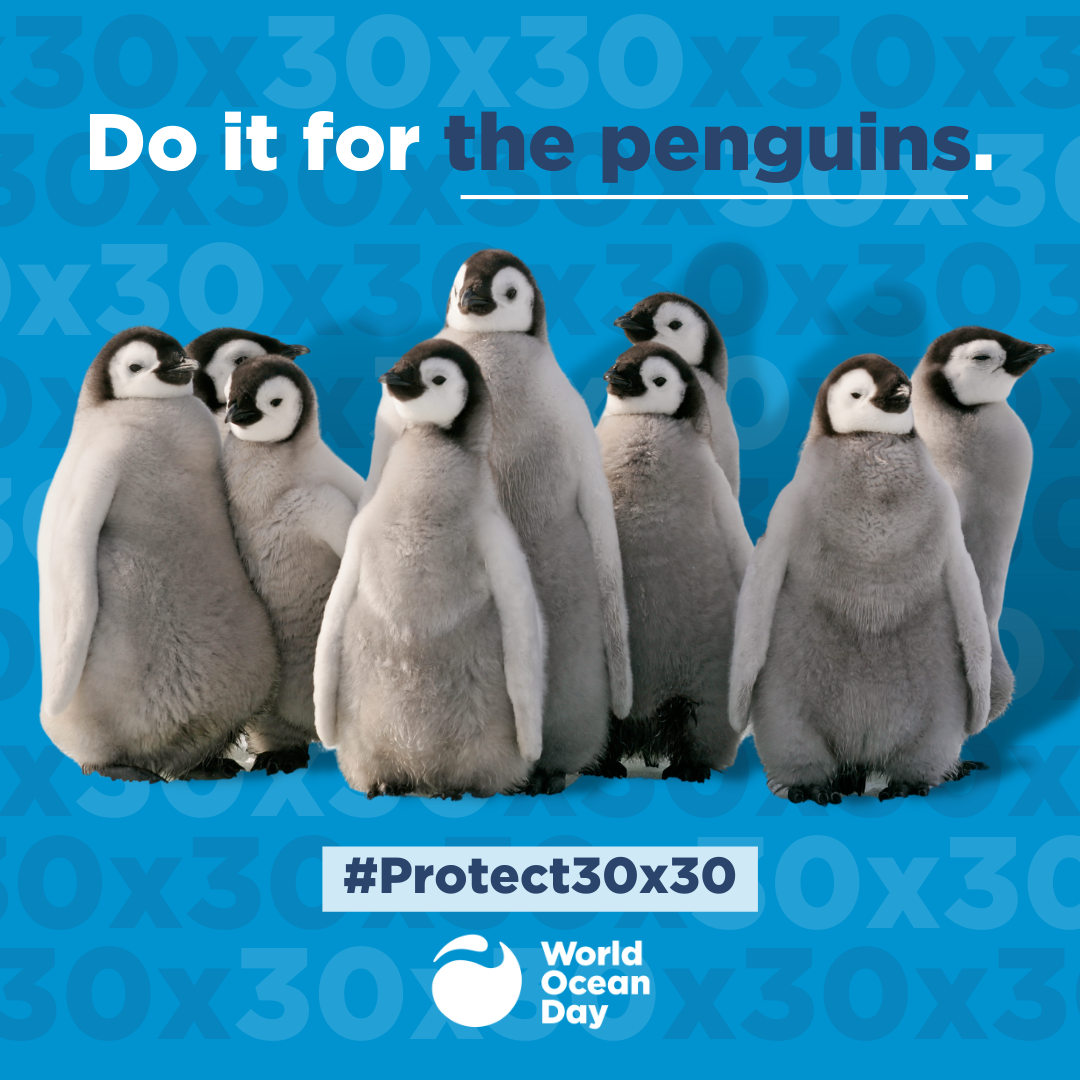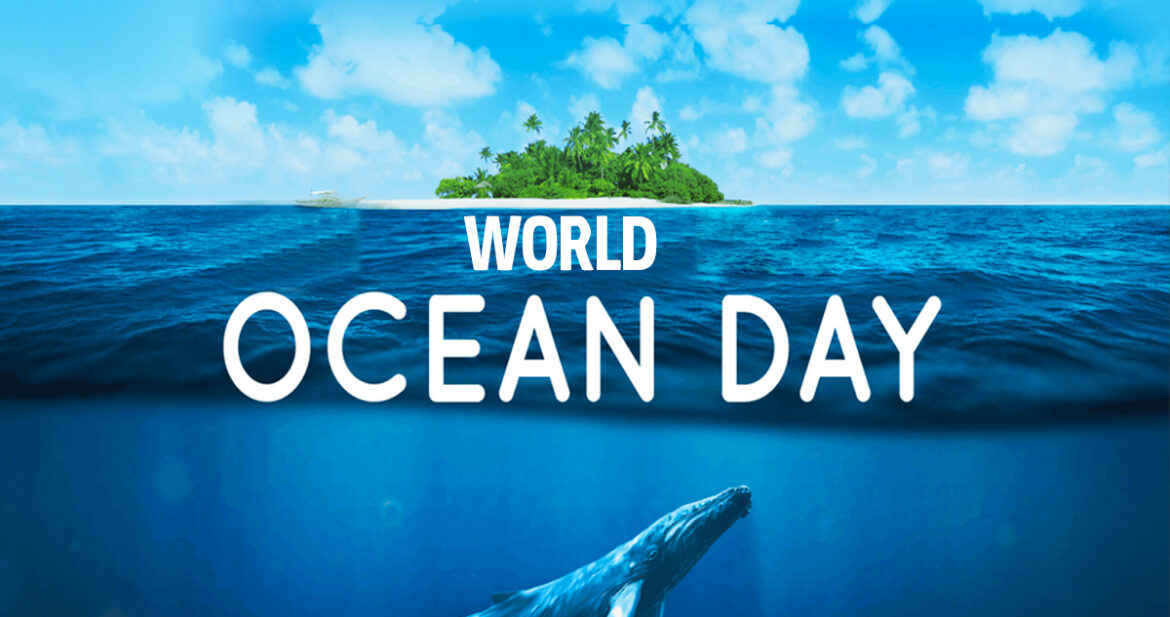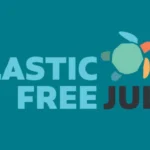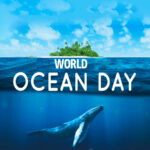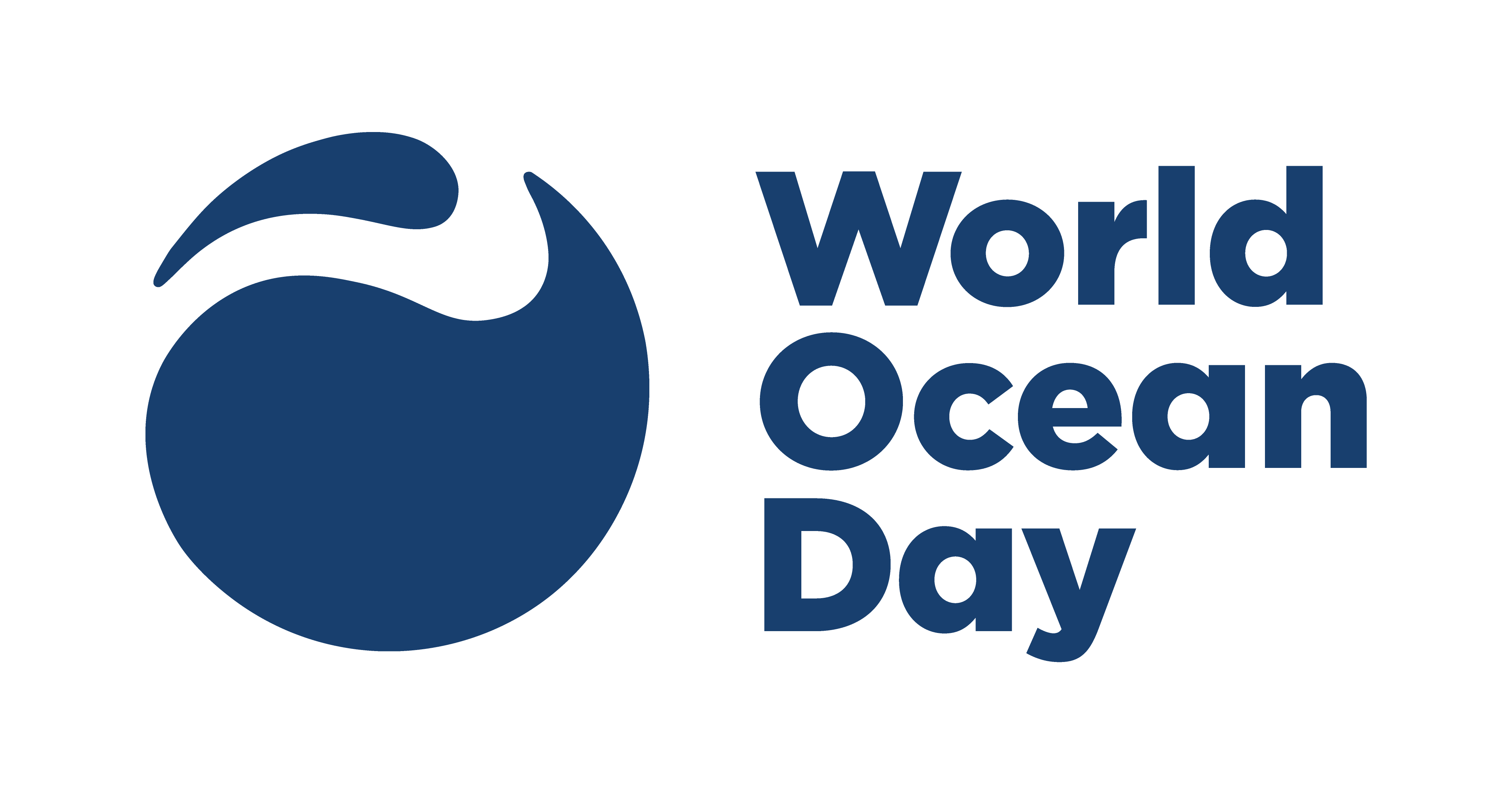 Healthy oceans and seas are essential to human existence and life on Earth. Oceans cover 70% of the planet and provide food, energy and water. Oceans absorb around one quarter of the world’s annual carbon dioxide (CO2) emissions, thereby mitigating climate change and alleviating its impacts.
Healthy oceans and seas are essential to human existence and life on Earth. Oceans cover 70% of the planet and provide food, energy and water. Oceans absorb around one quarter of the world’s annual carbon dioxide (CO2) emissions, thereby mitigating climate change and alleviating its impacts.
However, oceans and marine ecosystems are under threat. According to the The Sustainable Development Goals Report 2022:
- Continuing ocean acidification and rising ocean temperatures are threatening marine species and negatively affecting marine ecosystem services. Between 2009 and 2018, the world lost about 14% of coral reefs.
- In 2021, more than 17 million metric tons of plastic entered the world’s ocean, making up 85% of marine litter. The volume of plastic pollution entering the ocean each year is expected to double or triple by 2040 – leading to an estimated total 29 million metric tonnes of plastic entering the ocean every year by 2040.
- It’s estimated that 1.5 million tonnes of microplastics enter the ocean every year.
- The global coverage of marine protected areas stood at 8% of global coastal waters and oceans in 2021.
- More than a third (35.4 per cent) of global fish stocks were overfished in 2019, up from 34.2% in 2017 and 10% in 1974. However, the rate of decline has recently slowed.
- Almost half a billion people depend at least partially on small-scale fisheries, which account for 90% of employment in fisheries worldwide.
Whilst, according to the Marine Conservation Society, the UK specifically has lost up to 92% of its seagrass in the last century, while a third of UK seas are protected on paper less than 1% are well managed and just 6% of the UK’s marine protected areas are safe from bottom-towed fishing gear, like bottom trawling and dredging[1].
Collective action to protect our oceans is crucial to mobilise in recognition of the importance of our oceans in sustaining life on earth now and for future generations. Take action today to contribute to protecting 30% of our lands, waters and ocean by 2030 in line with the commitment made at COP15 in the Global Biodiversity Framework.
Actions you can take on include:
- Organise an event thanks to the Event Planning Toolkit
- Participate in an event by checking out the World Map & Events Calendar
- Sign the 30×30 petition to protect 30% of lands, waters and ocean by 2030
- Take action online and spread the word to raise awareness
- If you are a teacher (or parent) teach your kids about ocean health with this resource pack
- Create a World Ocean Day Festival and set up an information booth
- Inspire others to act through film (ideas for screenings here), music and art
- Host a community coastal and inland clean up, for help with this consult the clean-up guide
- Businesses can sponsor an online lecture or reading – more information here
[1] Marine Conservation Society, Facts and stats: https://www.mcsuk.org/ocean-emergency/facts-and-stats/

